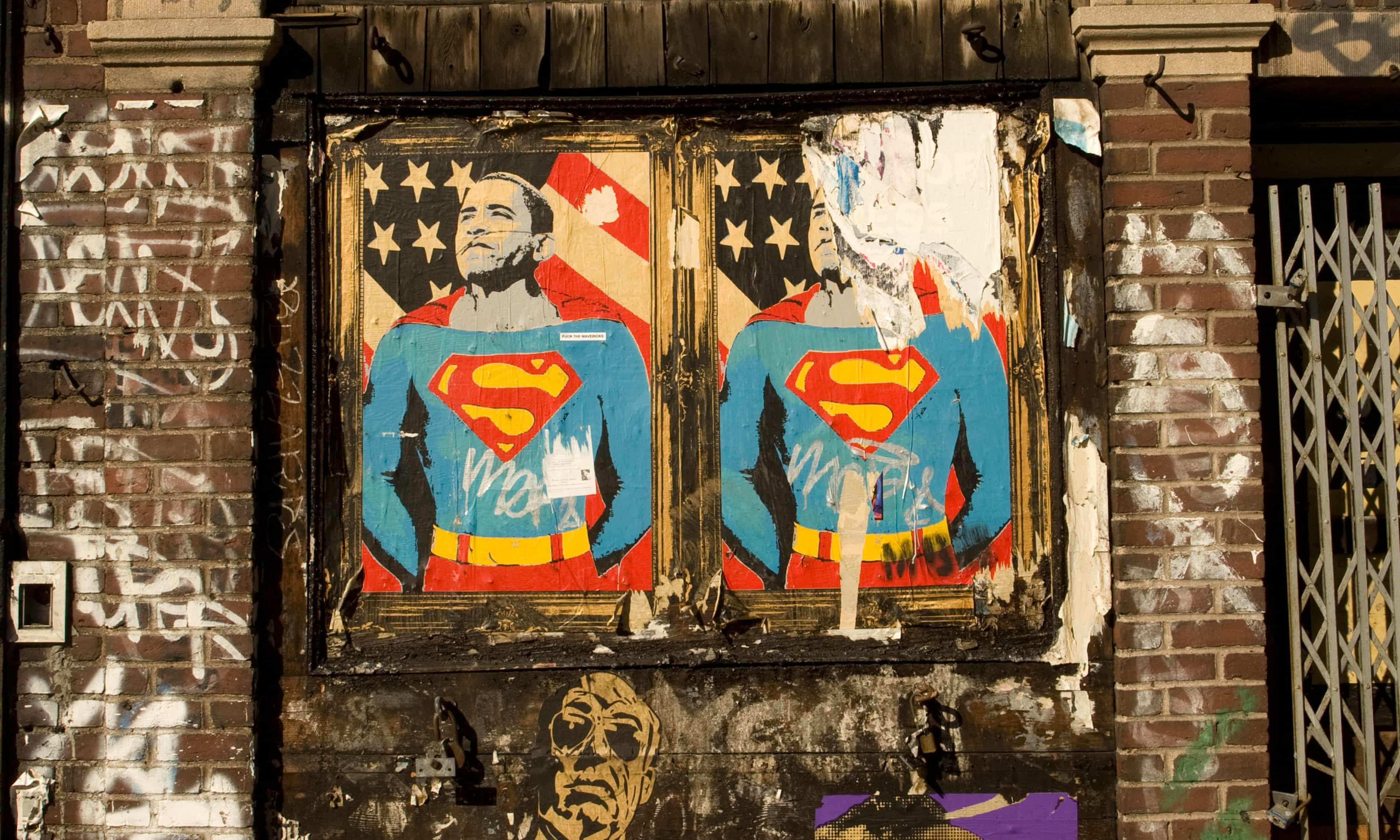Why calling Elizabeth Warren ‘Pocahontas’ is a slur against all mixed-race AmericansPosted in Arts, History, Media Archive, Native Americans/First Nation, United States on 2017-11-29 21:43Z by Steven |
Why calling Elizabeth Warren ‘Pocahontas’ is a slur against all mixed-race Americans
The Washington Post
2017-11-29
Martha S. Jones, Society of Black Alumni Presidential Professor and Professor of History
Johns Hopkins University, Baltimore, Maryland
 Elizabeth Warren’s embrace of her mixed-race ancestry has become a political weapon in the hands of her opponents. (AP) |
It’s part of the long history of erasing people of mixed heritage.
President Trump’s assault on Sen. Elizabeth Warren descended to a new low Monday. Calling the Massachusetts leader “Pocahontas” during a ceremony honoring Native American code-talker veterans, Trump not only slurred Warren — he slurred all American families whose histories include ancestors of differing races.
By now Warren’s story is familiar. When registering with the American Association of Law Schools between 1986 and 1995, she checked an “Indian” box to describe her ancestry. When pressed by critics who questioned her background, Warren explained that she was “proud” of her Native heritage as passed down to her by stories told by her parents and grandparents.
Critics accuse Warren of leveraging her “minority” status to snag a job at Harvard Law School in 1992. Others charge that Warren’s self-identification was strategic and, even worse, illegitimate. How, they ask, could a woman who is by her own telling no more than 1/32 Native American claim to be anything other than white?
The answer is that Warren, like millions of other Americans, is mixed-race, and percentages shouldn’t matter when we consider such ancestry…
Read the entire article here.





